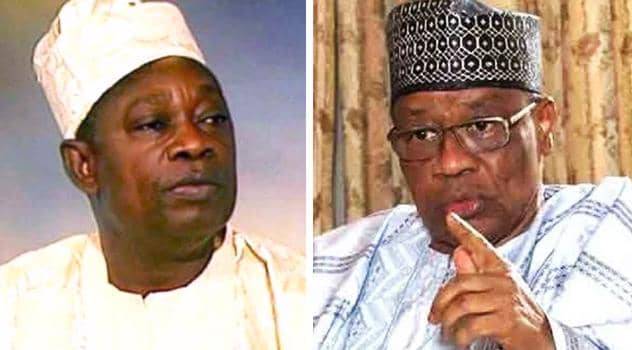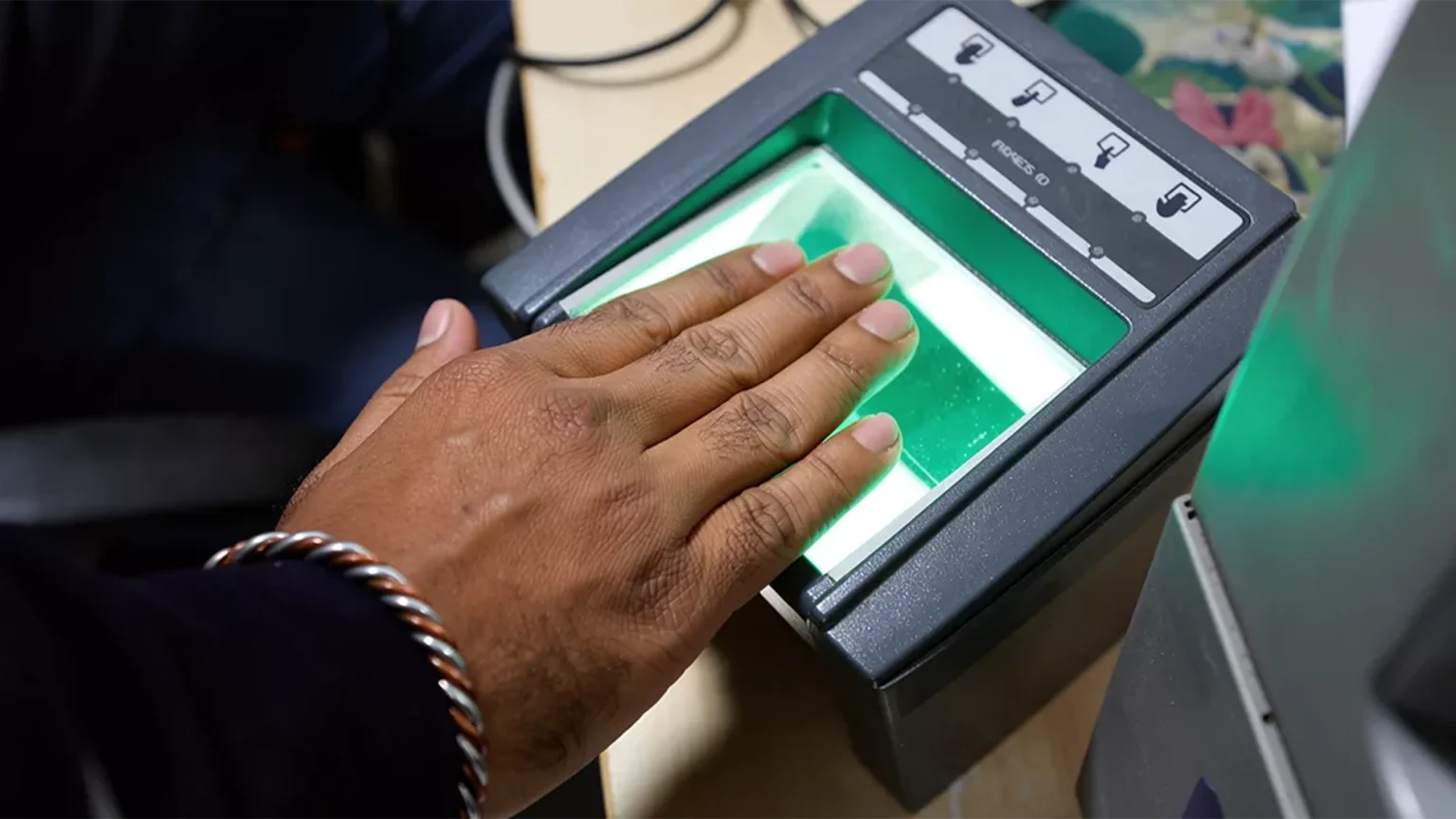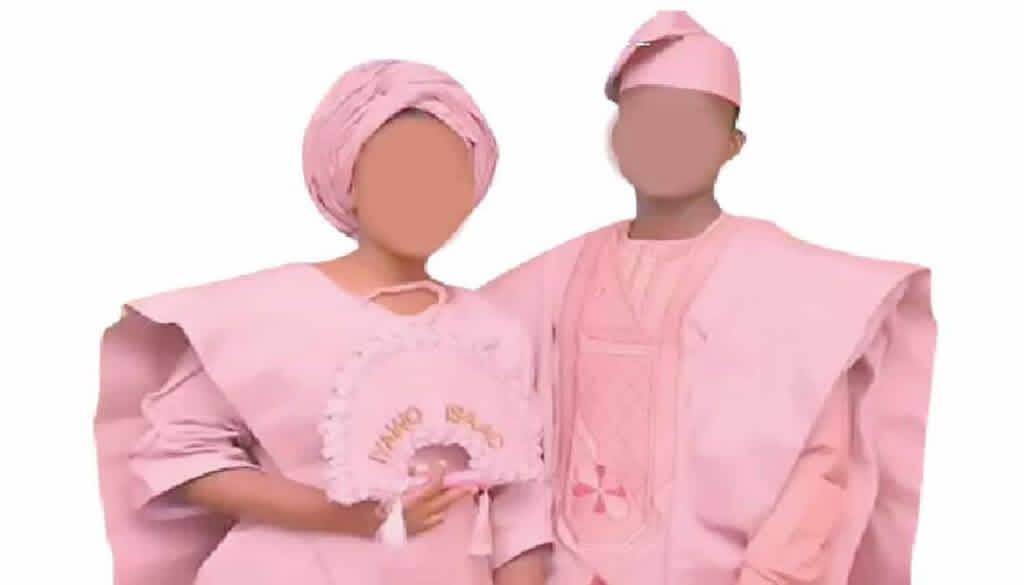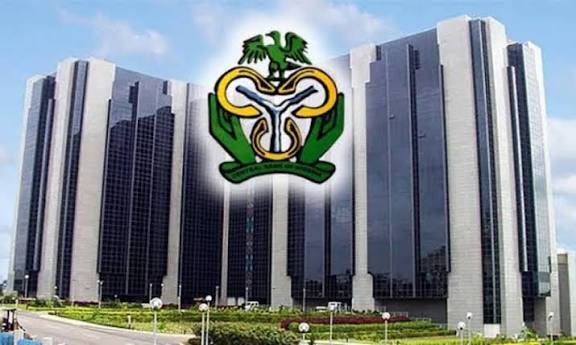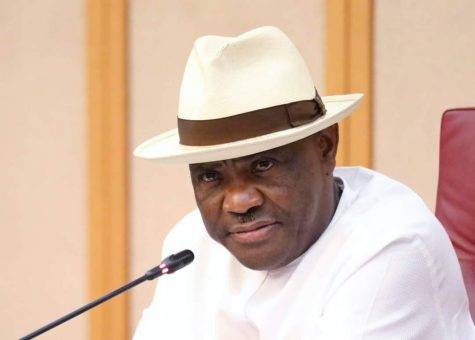Erstwhile military president Ibrahim Badamasi Babangida has revealed that MKO Abiola rejected the opportunity to head an interim government after the annulment of the 1993 presidential election.
Babangida said that this was consequent upon several brainstorming sessions he had with various groups in order to find a way forward.
“At one of my several meetings with Abiola, arranged this time by some traditional leaders, I offered Abiola an interim position pending when we could resolve the situation. Not surprisingly, Abiola turned down my offer,” Babangida wrote in ‘A Journey in Service’, his autobiography that was launched in Abuja on Thursday,
“How could anyone blame him? Since he was convinced that he had won the elections that the annulment had denied him, it seemed overtly inappropriate to accept an interim arrangement. For him, it was a matter of once bitten, twice shy!
“At another meeting, this time a more private meeting of both families, I articulated that our lives were in danger of being snuffed out by lurking forces that wished both of us ill.”
Babangida alleged that as of that time, Abiola was already hobnobbing with Sani Abacha, the chief of defence staff and was being deceived that the election would be revalidated and he would become president once he (Babangida) was overthrown.
“Unfortunately, Abiola turned his back on rapprochement with me and embraced the gimmicks of deceitful ‘friends’ who hid their real intentions from him. I read somewhere, I believe, in one of Abiola’s newspapers that Abiola thought that the moment these ‘friends’ overthrew me, the elections would be de-annulled and that he would be installed as President by his ‘coup plotting friends’,” Babangida wrote.
“As it turned out, Abiola was advised by these same ‘friends’ to leave the country to avoid death threats from fictitious military elements. Abiola’s departure paved the way for his ‘friends’ to consolidate their conspiratorial positions, eventually leading to another military takeover.
“Without question, one of my biggest headaches at this time was Sani Abacha. I knew that Abacha was ambivalent about a return to civil rule. But I thought, in retrospect now, naively, that he would support our transition to civil rule programme. As I said earlier, Abacha and I had come a long way. We were good friends, and he had indeed been nice to me. As I have said elsewhere, he saved my life once and also risked his life to ensure that I took over in 1985. I could never forget those details.
“But it’s also correct that he was a complex character. He was capable of bottling up a lot inside without giving a hint of where he was. And then, suddenly, the bottle bursts, and we begin to see a different person. I obviously didn’t know everything about him! For instance, I was alarmed to discover that he and a handful of others mobilised negative opinions against me within the military, portraying me as the problem.
“That campaign was geared towards a violent military coup to remove me as President forcefully. But even more bizarre for me was my discovery of the loathing that Abacha had for the person of Abiola, whom I thought had a good relationship with him.”


